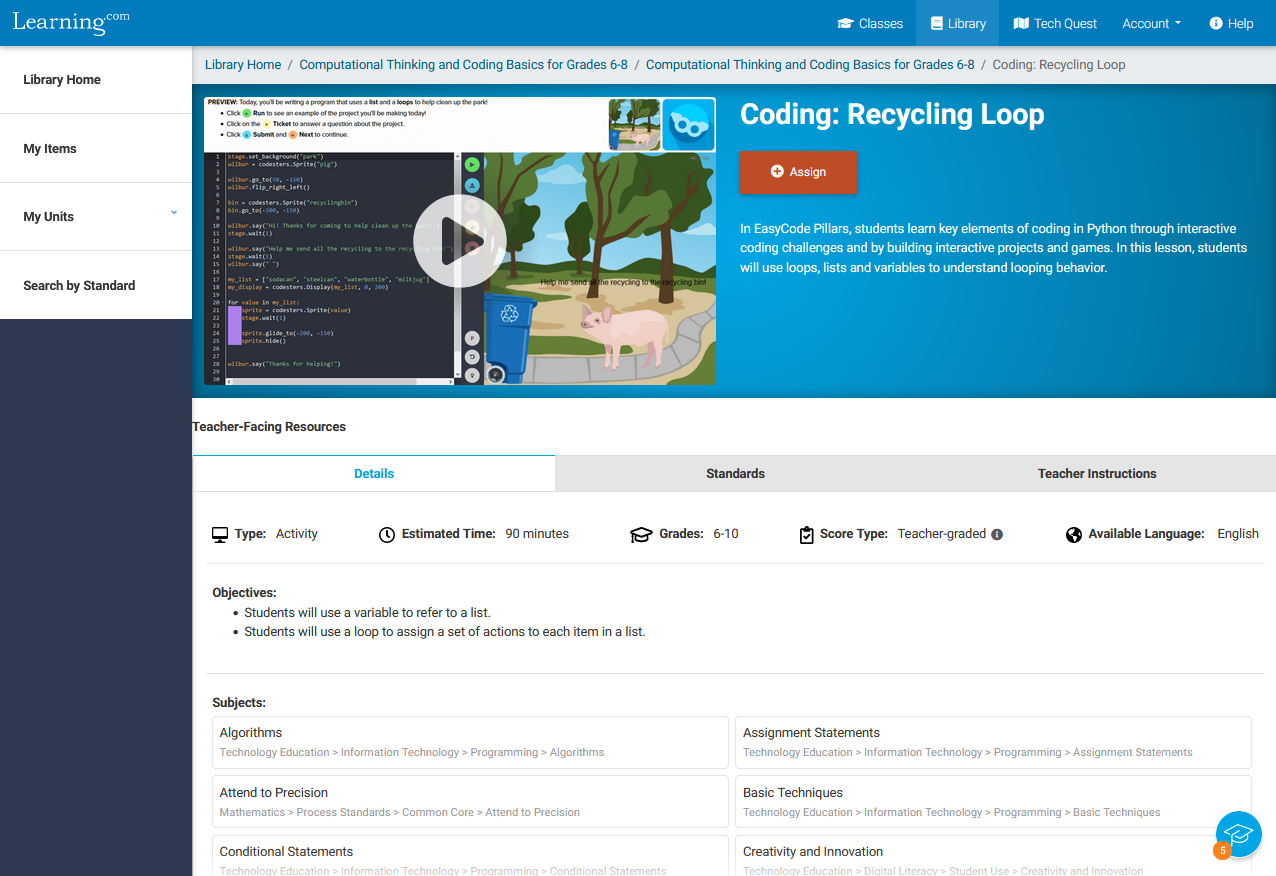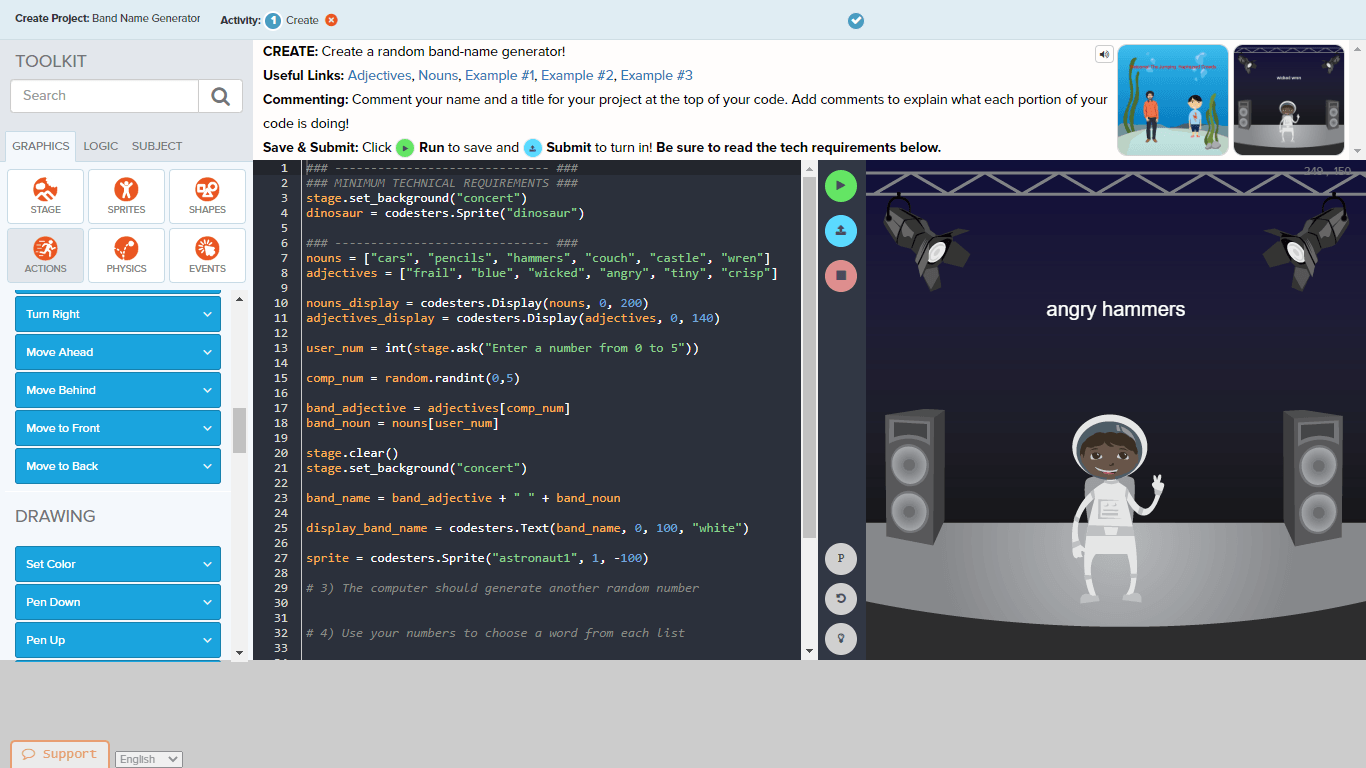Computer Programming Lessons for K-12 Students
EasyCode Pillars equips students with the foundational computer programming skills they need to succeed in our digital world. By teaching text-based programming languages like Python, EasyCode Pillars helps students build career-ready coding and problem-solving skills.
Why coding skills are important for students
Coding is an increasingly important digital skill for students to learn. Demand for programming jobs is growing 50% faster than the market overall. But coding skills are not just for aspiring programmers. Coding skills are needed across industries beyond computer science including engineering, healthcare, data analysis, science, IT and arts & design. Even for young children, research has shown that learning to code can have a positive impact on executive function skills, such as planning.
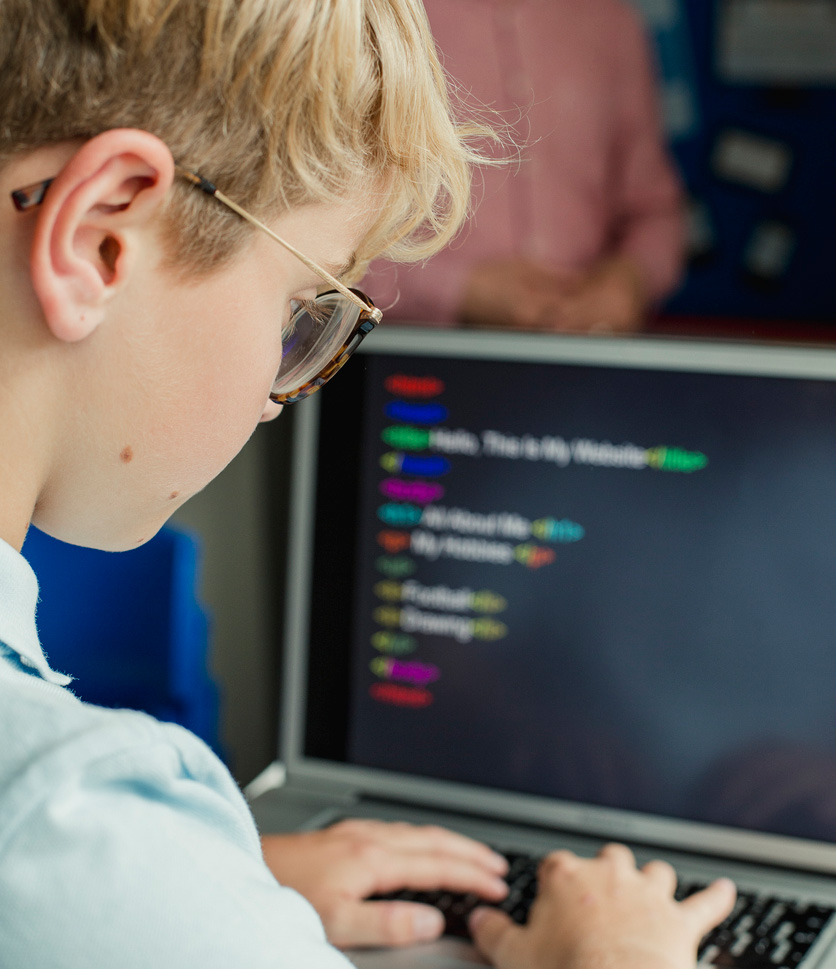
Teach students to problem solve in the language of the future
With fun and engaging project-based lessons, students learn core concepts in Python and address general computer science principles.
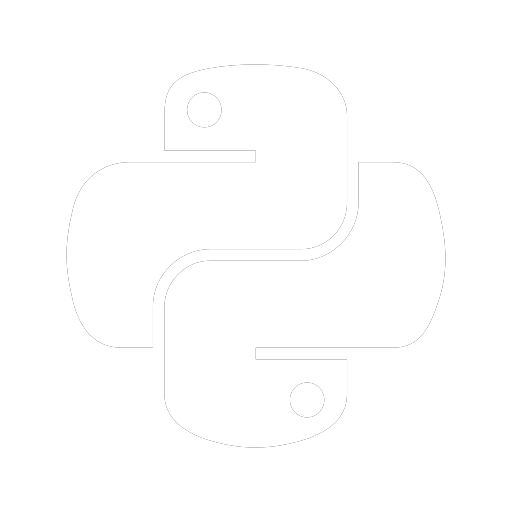
Python Basics
Content covers data types, variables, conditionals, loops, lists, algorithm, debugging, indexes, functions, parameters, returns, boolean and modulo.

Advanced Python
Students move on to learn functional programming, compound conditionals, importing modules, dictionaries, error handling and more.
Cybersecurity
Cybersecurity lessons cover the concepts of communications systems, hardware, networks, software, the Internet of Things, security and digital citizenship

Capstone Pathways
Students ultimately move on to learn graphics, data and functions.

Certification Pathways
Content introduces students to globally recognized certificates as a Python Coding Apprentice or IT Specialist.
Why Choose EasyCode Pillars?
EasyCode Pillars is an ideal extension of Learning.com’s EasyCode Foundations. The interactive curriculum helps students learn key coding principles using Python, a professional programming language, making their skills applicable to a variety of careers.
Detailed lesson plans help teachers guide students through each concept, and answer keys for every activity ensure teachers always have solutions readily available. Sample projects and rubrics make it easy for teachers to assess student performance, while in-lesson monitoring helps teachers identify students who need additional attention or help.
In each lesson, students work through a series of activities including coding challenges, debugging practice and quizzes. Each lesson ends with a coding exercise in which students apply their new skills to create their own project.
